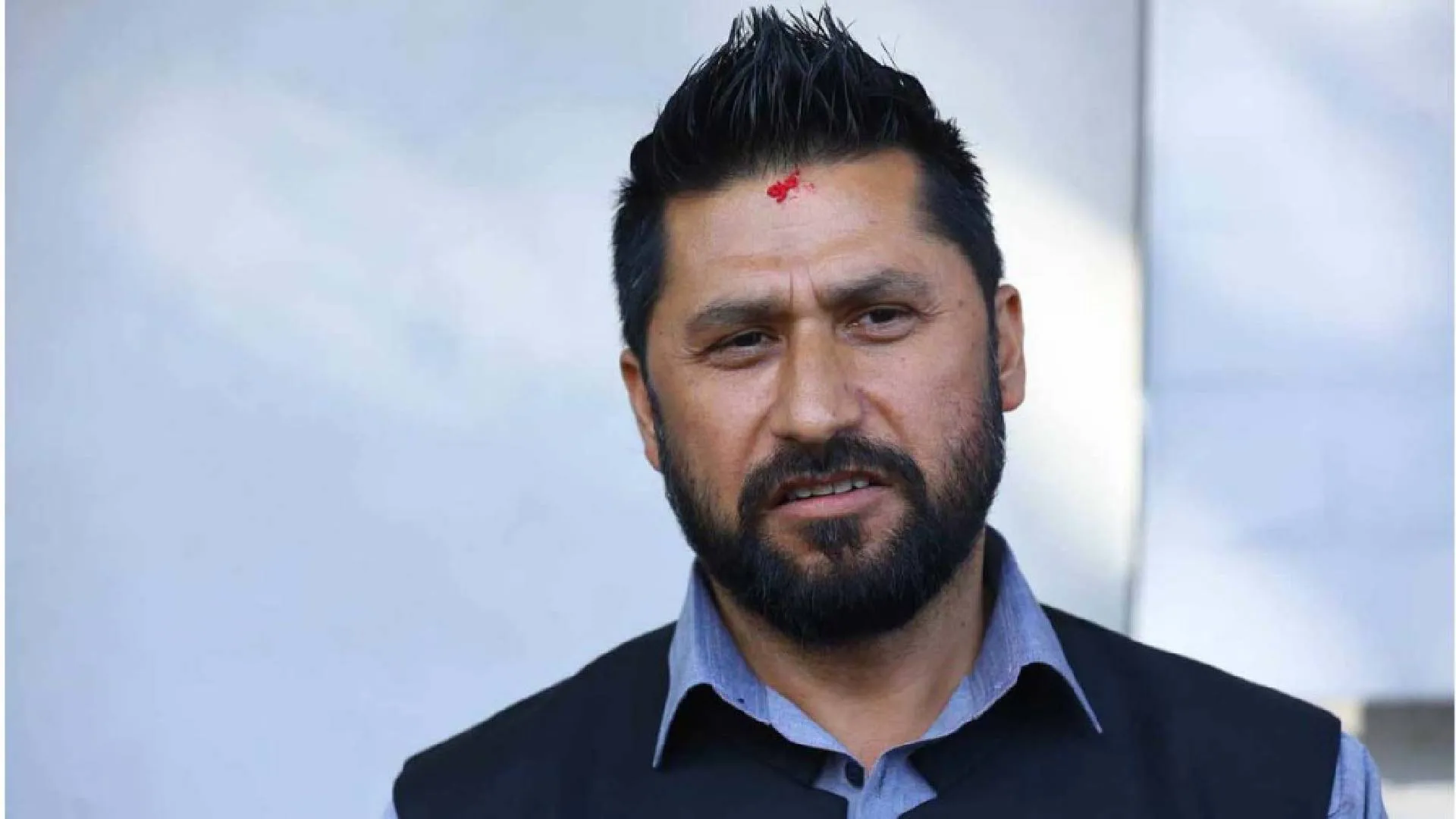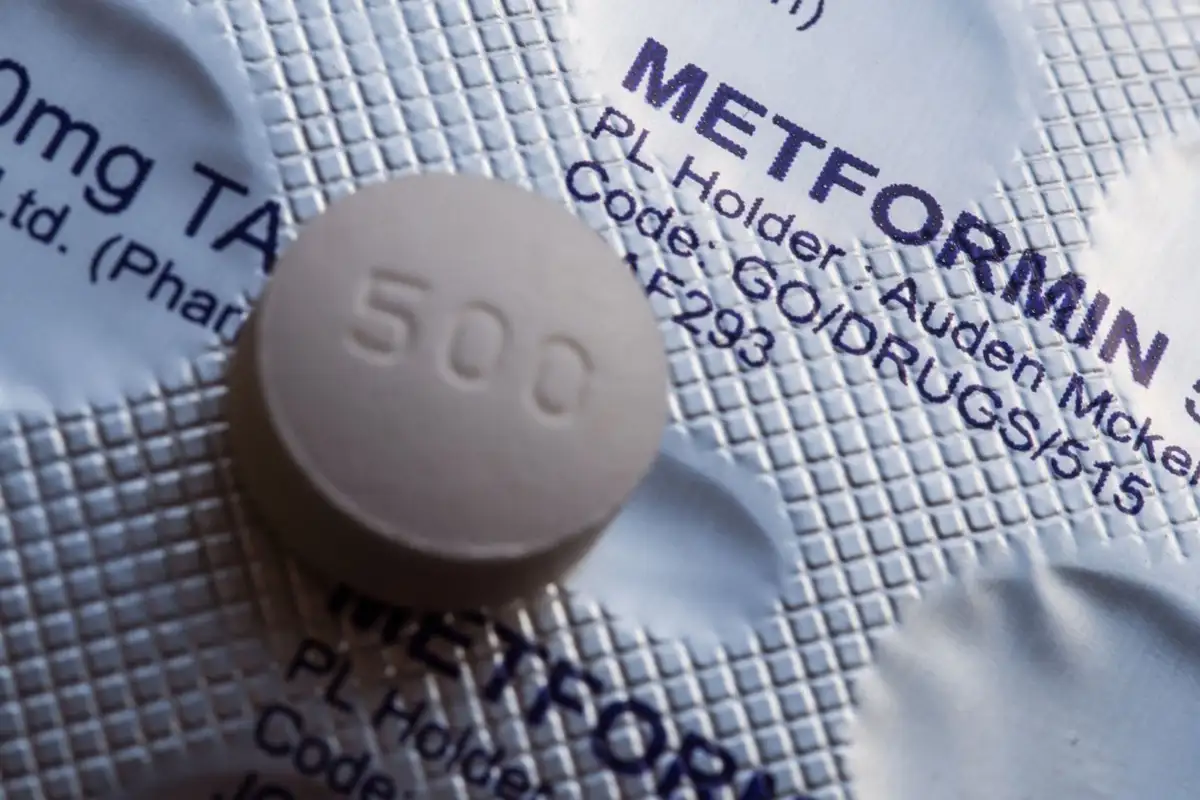Substantial changes to the US Department of Justice’s (DoJ) policy for combating corporate crimes were announced by Lisa Monaco, the deputy attorney general of the US Department of Justice, on September 15, 2022. The Monaco Memo 2.0 is titled “Further Revisions to Corporate Criminal Enforcement Policies Following Discussions with Corporate Crime Advisory Group”. The first memo which included some important announcements like the formation of the Corporate Crime Advisory Group at the DoJ was released 11 months prior to the publication of the Monaco Memo 2.0.
Monaco Memo 2.0 adds to, strengthens, and reaffirms current DoJ policies while presenting new essential measures and initiatives, leaning towards a more proactive strategy when addressing cases of corporate crime. The pragmatic effect and implications of these measureson Indian companies are still to be determined.
Important aspects of Monaco Memo 2.0
• Renewed emphasis on individual accountability
The DoJ’s long-standing policy of holding people accountable for carrying out and benefitting from corporate crimes is reaffirmed in the Monaco Memo 2.0. The DoJ has initiated the following measures in accordance with the aforementioned principle:
• Timely revelation of information pertaining to an individual’s wrongdoing
In the Monaco Memo 2.0, it is emphasized once more that companies must give the DoJaccess to all non-privileged information about anyone who may be tied to misconduct, irrespective of how significant that involvement may be or not. The DoJ will lower or erase cooperation credit if any “undue or purposeful delay in the release of information or documents,” is discovered by them, going a step further by emphasizing that companies should reveal such information promptly. The Monaco Memo 2.0, however, leaves some scope for interpretation and ambiguity by not laying down a clear timeline for what constitutes “timely” disclosures.
Indian companies subject to the Foreign Corrupt Practices Act of 1977 would now have to assure time-bound investigations into the misconduct of their employees and then, even if the internal investigation has not yet been completed, reveal significant information about guilty employees to the DoJ on an urgent basis.
• Prioritization of investigations in case of individuals
The Monaco Memo 2.0 further clarifies the roles and obligations of the prosecutors with regard to such information. The Monaco Memo 2.0 states that a prosecutor must complete inquiries of individual misconduct before or at the time of entering into resolutions with a corporate (for settling assertions of corporate misconduct). Although it appears that this is the general rule, the Monaco Memo 2.0 also makes an exemption for the prosecutor to settle the dispute with the corporation before wrapping up the investigation against therespective individual, provided that the prosecutor submits a memorandum to the DoJ to that effect. The new policy change, which postpones corporate resolutions until the DoJ has finished its investigation of employees, basically means that the DoJ won’t enter into resolutions with Indian Corporations while its investigation against the relevant employees is underway.
Guidelines for corporate accountability
• Addressing a company’s “previous misconduct”
The First Memo mandated that when assessing corporate criminal resolutions, prosecutors must take into account the entire scope of a company’s previous misconduct. In the Monaco Memo 2.0, it is clarified that “not all earlier instances of misconduct are made equal,” which adds a crucial dimension to the general idea. It directs prosecutors to give less weight to outdated behavior and give more weight to certain aspects when assessing a company’s history of wrongdoing, such as criminal resolutions in the United States and previous misconduct that involved the same management as the present misconduct (i.e., criminal resolutions more than ten years and civil or regulatory resolutions more than five years before the present investigation). It also makes it clear that companies engaged in sectors with strict regulations will have their compliance history and shortcomings compared to those of other similar companies in the sector.
Indian companies may find comfort in the definition and restriction of “previous misconduct” since it lessens the potential of the DoJ to treat them more harshly. Due to the purposeful qualifications placed on these parameters, Indian enterprises should only take some solace from these modifications. For example, DoJ officials have acknowledged that in principle, US resolutions would be given more weight than international ones, but they have also emphasized that a non-US corporation with a history of similar previous offenses in nations outside of the US might still face higher sanctions.
• Mergers and Acquisitions where the concerned company has a track record of misconduct
The Monaco Memo 2.0 has made it very apparent that the DoJ does not seek to discourage companies with a strong compliance track record from acquiring or merging with companies having a history of misconduct. The Monaco Memo 2.0 makes it clear that, as long as the target company is properly integrated into the acquiring company’s well-designed, successful compliance program the latter will not be considered a recidivist. It has been established that past misconduct by the target company will be given less weight if the acquiring companyhas dealt with the fundamental cause of the past misconduct and taken suitable complete and timely remedial actions in the scope of the acquisition. While Indian corporations can acquire companies with a record of misconduct, however, they should proceed with extreme caution and carry out the necessary due diligence and integration exercises to make sure the company being acquired is in line with its compliance programs.
Additional indicators to assess compliance programs
• Compensation structures that encourage compliance
The Monaco Memo 2.0 emphasizes the significance of a “compliance culture” and advises companies to develop an employee compensation structure that not only rewards and incentivizes employees who adhere to internal policies and procedures but also monetarilypenalizes employees who have been definitively found to have engaged in misconduct. This can be accomplished by including the necessary clawback clauses in appointment letters and employment contracts. As a result, Indian corporations would do well to examine their legal choices for the most effective way to implement such monetary penalties into their organizational structures.
• Usage of personal devices and third-party communication applications
The Monaco Memo 2.0 acknowledges that it has been difficult for prosecutors to recover important communications during an investigation due to the widespread use of personal devices (including personal mobile phones, tablets, and laptops) and ephemeral messaging applications (EMA) (applications such as WhatsApp, Snapchat, and Signal). For that purpose, prosecutors are instructed to analyze whether the company’s compliance program is adequate and if it has put in place regulations that make it possible for them to gather and deliver all non-privileged documents and communications related to work that are pertinent to the underway investigation. It also suggests that implementing such procedures to protect work-related electronic data will have an impact on the cooperation credit that the corporation could be eligible to obtain.
These policy changes may require Indian companies to review their information security or “bring your own device” (BYOD) policies. Indian companies that conduct business within India’s territory must carefully draft their policies to comply with the DoJ’s objectives. ButIndian companies that operate in multiple jurisdictions would need to handle these problems in line with the relevant local laws, which may limit their access to personal devices even if they are used for work. To be able to gather and maintain corporate data from EMAs, Indian companies must modify their data retention and e-Discovery protocols.
What significance do these changes have for Indian companies?
The Monaco Memo 2.0 makes it clear that Indian companies must come forward, offer full assistance to the DoJ in its investigations, and place a high priority on investing in effective compliance programs. It offers a chance for internal procedures and policies to be in accordance with the most recent requirements. Indian companies may take the following actions to ensure adherence with the Monaco Memo 2.0:
• include specific Upjohn warnings in employee inquiry interviews, and make sure that there is evidence to support the fact that these warnings were given to employees.
• develop strategies to include compliance measures in an employee’s key performance indicators (KPIs) and improve compliance through remuneration initiatives in collaboration with legal experts.
• set up policies that explicitly inform workers about-
i. the usage of EMAs for professional reasons subject to some restrictions.
ii. the rules that apply to the conservation of such communications regarding the company’s data preservation policy.
iii. the insertion of specific clauses in third-party contracts establishing the acceptable scope of EMAs for doing business with the company






















